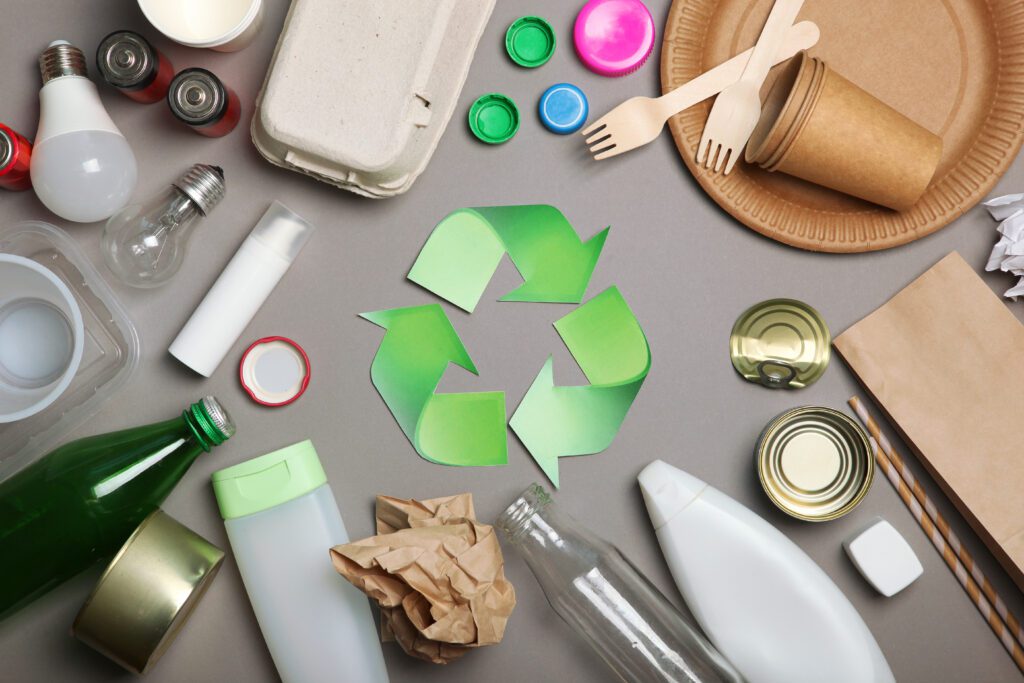Like other member states, Belgium has established a comprehensive legal framework to manage packaging waste, aligning with European Union (EU) directives to promote environmental sustainability. The primary legislation governing Belgian packaging regulations is the Cooperation Agreement on the Prevention and Management of Packaging Waste, which imposes specific obligations on entities involved in the production, importation, and distribution of packaging materials.
Who is Impacted by Belgian Packaging Regulations?
The Cooperation Agreement applies to a broad spectrum of businesses, including manufacturers, importers, distributors, and retailers that place packaging or packaged products on the Belgian market. Both commercial and industrial packaging are within the scope of these regulations, encompassing materials such as glass, plastic, paper/cardboard, metals, wood, and composite materials.
Key Requirements for Businesses
Businesses must comply with Extended Producer Responsibility (EPR) obligations, which include registration, reporting, and financial contributions toward packaging waste management.
- Register with the Interregional Packaging Commission (IRPC) or Appoint a Third-Party Representative
Companies that package products or import packaged goods into Belgium must register with the Interregional Packaging Commission (IRPC). Importers without a legal entity in Belgium must appoint a third-party representative to handle registration, reporting, and compliance.
- Join an EPR Organization
To comply with packaging waste regulations, businesses will find it beneficial to join an EPR organization. In Belgium, Fost Plus manages household packaging waste, while Valipac oversees industrial packaging waste. These organizations assist with maintaining compliance with the Cooperation Agreement through the IRPC.
- Report Packaging Volumes
Businesses must periodically report the volume of packaging placed on the Belgian market either directly to the IRPC or to relevant EPR schemes (e.g., Fost Plus, Valipac). In cases where exact packaging weights cannot be measured, simplified estimation systems are available, using predefined coefficients, average packaging weight templates, or industry benchmarks to approximate the data. Depending on the weight of packaging placed on the Belgian market per year, companies may be subject to additional requirements laid out in the Cooperation Agreement on the Prevention and Management of Packaging Waste.
- Pay Applicable Fees
Fees under the Fost Plus and Valipac EPR schemes contribute to the recycling of materials and are calculated annually based on the type and weight of packaging materials placed on the market. These fees vary depending on recyclability, with lower rates for more sustainable materials and higher rates for less sustainable ones. For exact rates, businesses must consult Fost Plus or Valipac directly.
Risks of Non-Compliance
Failure to comply with Belgian packaging regulations can result in significant penalties, including fines, sales bans, and legal action. Non-compliant businesses may face increased scrutiny from authorities, leading to audits and enforcement actions. Maintaining compliance is essential to avoid penalties, ensure smooth business operations, and uphold environmental commitments.
Looking Ahead: Changes under the EU Packaging and Packaging Waste Regulation (PPWR)
In December of 2024, the EU adopted the Packaging and Packaging Waste Regulation (PPWR) (EU) 2025/40), which will require all EU Member states to adhere to stricter sustainability requirements for packaging. This regulation aims to reduce packaging waste, enhance recycling, and advance the circular economy. As part of the EU, Belgium will align its national laws with these new standards to ensure compliance.
For businesses, this means new packaging design requirements, updated labeling obligations, and potential cost increases tied to recyclability and reuse targets. Companies operating in Belgium can expect:
- Mandatory recyclability for all packaging – By 2030, all packaging must be designed to be recyclable in an economically viable way, which may require material substitutions and redesigns.
- Stricter reuse and refill targets – Some industries, such as food, beverage, and e-commerce, will face new requirements to increase the use of reusable and refillable packaging.
- Harmonized labeling requirements – Businesses will need to standardize packaging labels to ensure clear recycling and disposal instructions across the EU.
- EPR fee adjustments – Belgium’s EPR schemes (Fost Plus and Valipac) will likely revise their fee structures, rewarding eco-friendly packaging and increasing costs for hard-to-recycle materials.
- Ban on certain single-use packaging – Certain packaging types, such as unnecessary plastic wraps, small hotel toiletries, and lightweight plastic bags, will be phased out.
- Stronger enforcement and penalties – Businesses that fail to meet PPWR requirements may face higher fines, sales restrictions, and regulatory scrutiny.
Companies operating in Belgium should stay informed about national policy updates, work closely with EPR organizations, and begin assessing packaging strategies now to ensure compliance with the upcoming EU-wide requirements.
Need Help?
Navigating evolving packaging regulations and meeting compliance deadlines can be complex. At Tetra Tech, we have extensive experience helping businesses navigate EU regulations. We are readily available to help your business streamline reporting and adapt packaging strategies to ensure compliance. Contact our team today at [email protected] to simplify compliance and stay ahead of regulatory changes.
This post concludes our blog series on packaging regulations across key EU member states. For detailed insights into other countries’ requirements, explore the previous articles linked below:
Part 1 (Germany): German Packaging Act (VerpackG): A 2025 Guide to International Packaging Laws (Part 1)
Part 2 (France): France Packaging Regulations: A 2025 Guide to International Packaging Laws (Part 2)
Part 3 (Italy): Italy’s Packaging Regulations: A 2025 Guide to International Packaging Laws (Part 3)
Part 4 (Ireland): Ireland’s Packaging Regulations: A 2025 Guide to International Packaging Laws (Part 4)
Part 5 (The Netherlands): The Netherlands Packaging Management Decree: A 2025 Guide to International Packaging Laws (Part 5)
Part 6 (Belgium): Belgian Packaging Regulations: A 2025 Guide to International Packaging Laws (Part 6)






